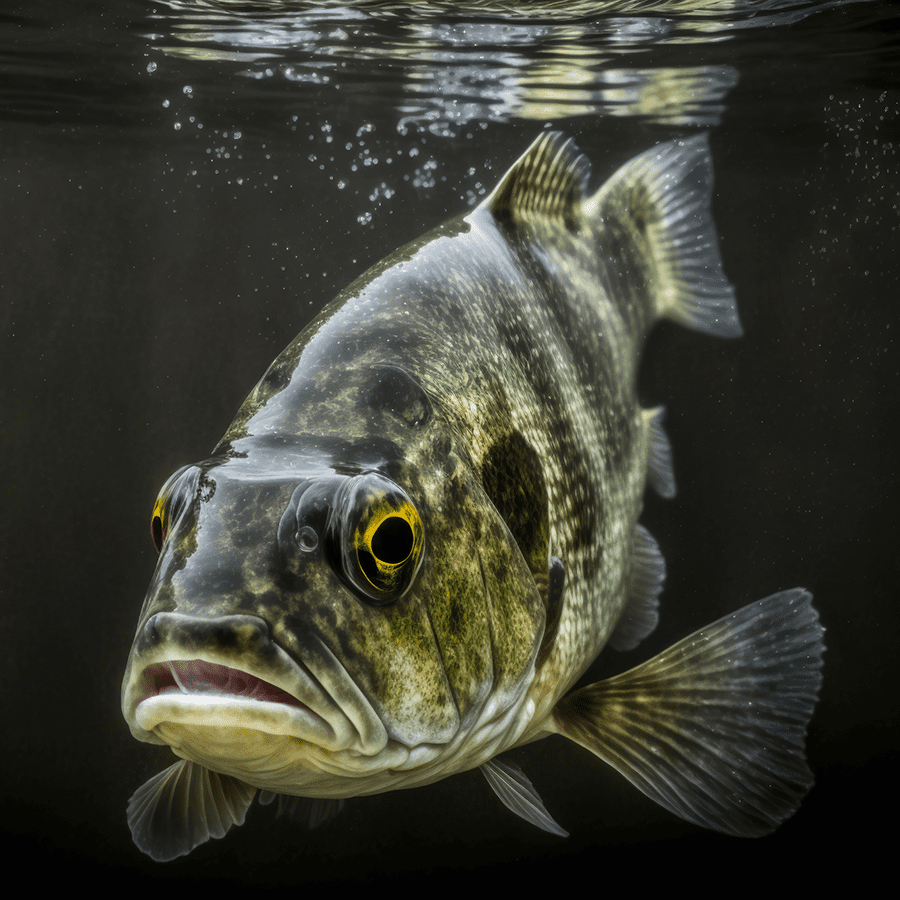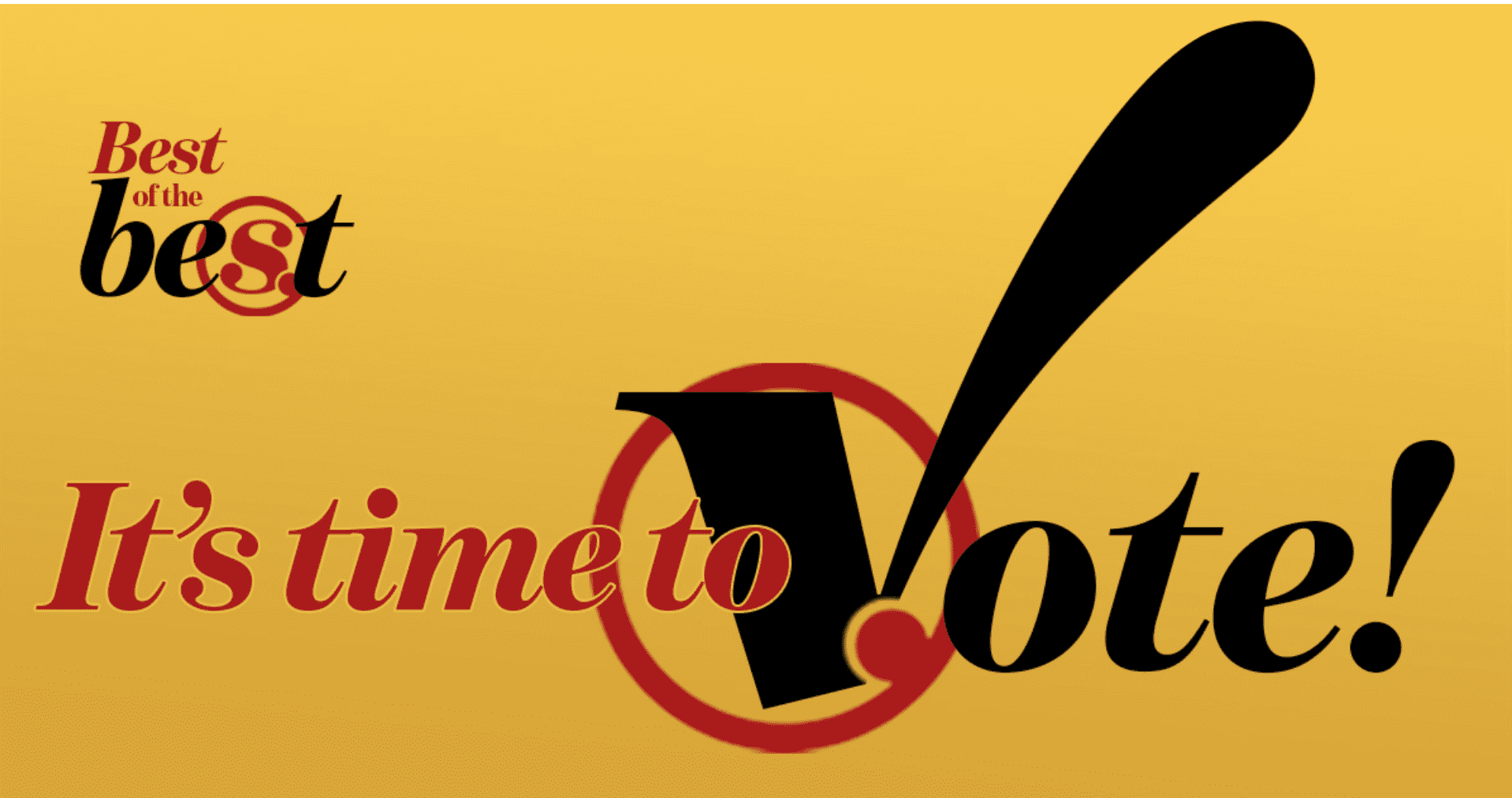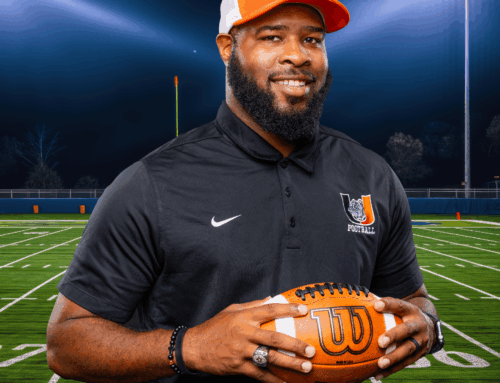
By Amanda Valderrama
Dive Into the Untold Story of Sumter County’s Fish Hatchery

Dive into the untold story of Sumter County’s fish hatchery.
The Florida Bass Conservation Center in Webster has been a major contributor to the management of the state’s freshwater fisheries for many years.
Known as Richloam State Fish Hatchery prior to extensive renovations in 2007, this unique facility has long played a role in sustaining and enhancing Florida’s diverse fish populations.
According to Hatchery Manager Barron Moody, the Florida Bass Conservation Center’s formal mission is to “protect, conserve and enhance Florida’s unique species of black bass, including the Florida largemouth bass, Suwanee bass, spotted bass, and shoal bass.”
The center, the largest of two freshwater hatcheries managed by the Florida Fish and Wildlife Conservation Commission, contributes significantly to conserving a variety of fish species through stock enhancement.
But the center is much more than a hatchery.
Conservation, innovation and community engagement are the pillars of the facility devoted to fish production and the well-being of Florida’s diverse fish populations, research, collaboration and sustaining the state’s unique aquatic ecosystems.
The center plays a vital role in supporting fisheries management in Florida, particularly through stocking programs and maintaining healthy fish populations.
The hatchery responds to the needs and requests of regional fisheries managers, including producing fish for stock enhancement and addressing issues like failed-year classes, habitat degradation, natural disasters and harvest pressure.
Stocking programs support urban and community fishing lakes and aid in the recovery of bass populations in areas with degraded habitats.
By increasing the number of fish in certain water bodies, the hatchery counters habitat degradation, overharvesting and other potential natural disasters.
The Florida Bass Conservation Center has also spawned a diverse variety of freshwater fish species since new technology was added during extensive renovations in the early 2000s.
Last Spring, the hatchery stocked over 400,000 advanced Florida Largemouth bass, produced over 1 million channel catfish, spawned and stocked 360,000 sunshine bass and started production ponds that should produce 400,000 to 500,000 bluegill and an additional 150,000 redear sunfish.
The biggest part of the mission is to produce freshwater fish – primarily the Florida Largemouth bass, a genetically distinct species known for its fast growth and large size.
Additionally, the hatchery is charged with maintaining native fisheries resources and providing quality fishing opportunities, says Barron, who managed 10 South Florida counties (including Lake Okeechobee and the Everglades) while serving as Regional Fisheries Administrator from 2009-‘22 before assuming his current role.
Spring 2023 Stats
Stocked over 400,000
Advanced Florida largemouth bass
Produced over 1 million
channel catfish
Spawned and stocked over 360,000
sunshine bass
Started production ponds that should produce 400,000+
bluegill
And an additional 150,000
redear sunfish
Florida Bass Conservation Center success stories include filling requests for up to one million bass for lakes like Lake Apopka and contributing to the re-establishment of bass populations following drawdowns or restorations.
With success comes challenges when transferring harvested fish from production ponds, particularly lake chub suckers, a species similar to trophy largemouth bass.
“Our ponds need to be heavily vegetated for lake chub suckers to spawn and grow effectively; however vegetated ponds make it difficult to get a thorough and efficient harvest of the resulting fingerlings,” Barron says.
The center is also a research facility that focuses on aquatic farming methods to enhance fish production.
The improvements and renovations in 2007 allowed the hatchery to create bass out of season and produce two separate cohorts in a single year, thereby increasing overall production potential. The development of the Richloam Bass Diet, in which largemouth bass fingerlings are trained to eat a pellet diet, has been a notable achievement.
Several notable achievements have taken place at the hatchery, and more are sure to follow since a team member just completed their master’s degree on the culture and husbandry of lake chub suckers.
The Florida Bass Conservation Center enhances its mission through collaboration with various organizations, agencies, and research institutions.
The fish hatchery partnered with the University of Florida in developing the Richloam Diet. Partnership with the Florida Wildlife Commission involves research related to stock enhancement evaluations and habitat restoration.
Looking ahead, in addition to working with freshwater mussels, Barron wants to add capacity for the culture of submersed aquatic vegetation with the goal of contributing to aquatic restoration projects statewide.
To ensure minimal impact on local ecosystems, the Florida Bass Conservation Center prioritizes environmental sustainability.
“Our efforts are focused on water re-use and preventing the escapement of raised fish,” Barron adds.
Systems are in place for recycling water in outdoor ponds and indoor raceways with water use regulated and permitted by the Southwest Florida Water Management District.
To connect with the community, the Florida Bass Conservation Center is open to the public for educational tours. The visitor center is open to the public Monday to Friday, 9am to 3pm, excluding state holidays. Groups are welcome to schedule tours sure to provide an educational experience for all ages.
Members also host outreach events, including fishing derbies that provide a unique opportunity for the public to engage with the hatchery and learn about freshwater fisheries conservation.
The property is also a designated stop on the Great Florida Birding Trail. Additionally, the Florida Bass Conservation Center hosts a family fishing day on license-free freshwater fishing day, usually the first weekend in April.
Individuals can support the center by donating to the Wildlife Foundation of Florida. And don’t forget to designate that the funds are for the Florida Bass Conservation Center.
Organizations interested in helping sponsor the Florida Bass Conservation Center should reach out to the hatchery or contact Communications and Marketing Manager Michelle Kerr at Michelle.Kerr@MyFWC.com.
















